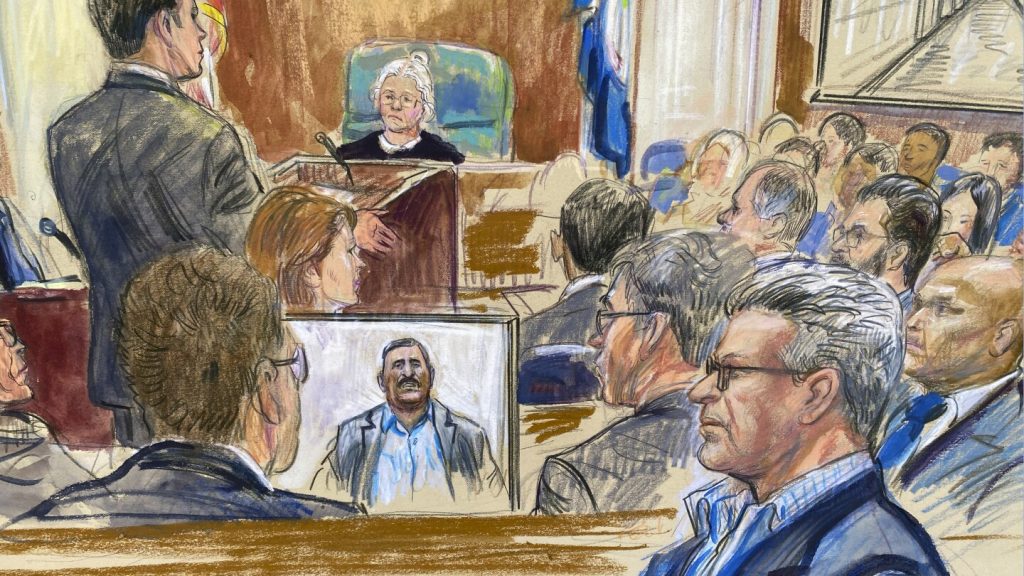During the trial in federal court in Alexandria, Virginia, retired Army General Antonio Taguba testified that a civilian contractor instructed prison guards at Abu Ghraib prison in Iraq to “soften up” detainees for interrogations. Taguba revealed that the contractor, Steven Stefanowicz, attempted to intimidate him during his investigation of the abuses that occurred at the prison. This testimony provided significant evidence that civilian employees of the military contractor CACI were involved in the mistreatment of detainees at Abu Ghraib. The trial, brought by three former inmates of the prison, accuses CACI of contributing to the torturous treatment they endured.
Taguba’s report from 2004 recommended that Stefanowicz be fired, reprimanded, and have his security clearance revoked for allowing and instructing military police to engage in illegal and abusive tactics. In his testimony, Taguba described Stefanowicz as a “coy type of personality” and mentioned that there was confusion within the military chain of command at Abu Ghraib, leading to a chaotic atmosphere at the prison. Despite his investigation primarily focusing on military police, Taguba felt compelled to delve into the civilian interrogators’ role due to credible testimony from the MPs that civilians played a significant part in the abuses.
The limits of Taguba’s investigation were highlighted during cross-examination, as he acknowledged errors in his report, including misidentifying contractors and misunderstanding the role of civilians in interrogations. Another report by Maj. Gen. George Fay looked more directly at the involvement of military intelligence and civilian contractors at Abu Ghraib. Despite the flaws in his initial investigation, Taguba stood firm in his testimony that Stefanowicz played a role in instructing abusive tactics. The jury also heard from one of the plaintiffs in the case, Asa’ad Hamza Zuba’e, who recounted being subjected to dehumanizing treatment, including being kept naked and threatened with dogs.
CACI’s lawyers questioned the credibility of Zuba’e’s claims, pointing to discrepancies in his account, such as the presence of dogs in the prison at the time he alleged the incidents occurred. Throughout the trial, the plaintiffs have accused CACI of liability for their mistreatment, alleging that the company conspired with the military police to torture inmates at Abu Ghraib. This case has been delayed by legal wrangling for over 15 years, marking the first time that former Abu Ghraib inmates have been able to bring a civil case in front of a U.S. jury. The testimony provided by Taguba sheds light on the complex web of individuals involved in the abuses at Abu Ghraib and the ongoing legal battle for accountability and justice.















